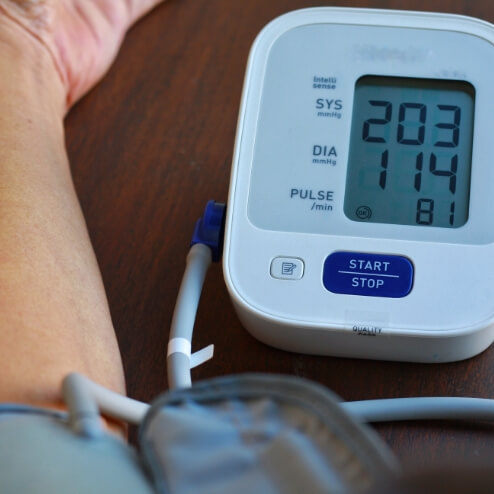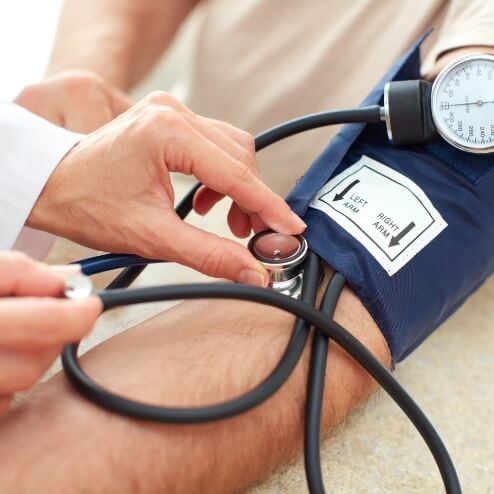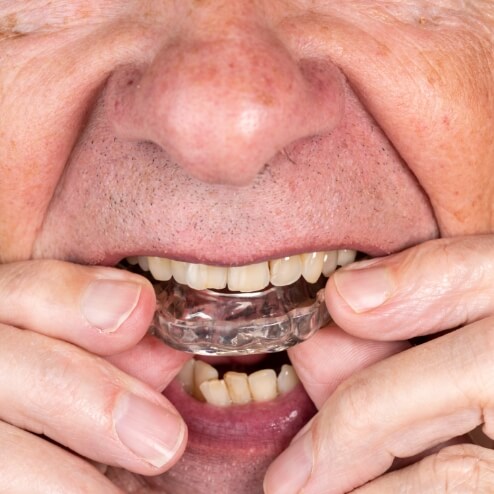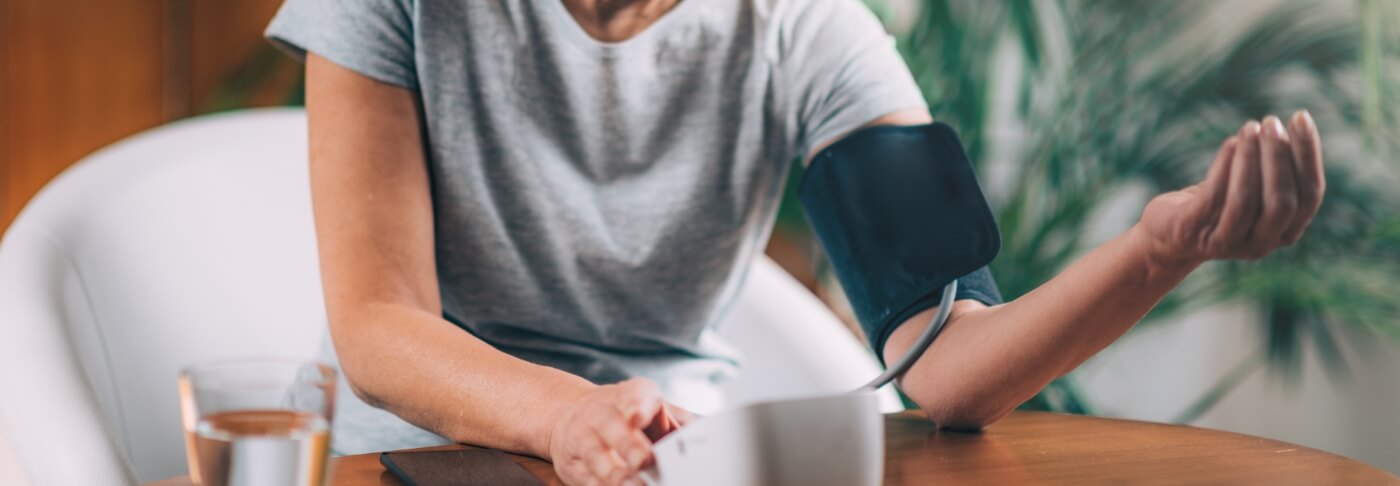Sleep Apnea & Hypertension – Plano, TX
Why Sleep Apnea is Bad for Your Blood Pressure
Sometimes, the pauses in your breathing are due to an airway obstruction while in other cases it’s a consequence of the brain not sending out the right signals to the rest of your body. No matter what the source of sleep apnea is, there’s one thing for sure: if you don’t seek professional treatment as soon as possible, your health could suffer in a variety of ways – and in the worst-case scenario, your life could even be at risk.
One dangerous issue caused by sleep apnea is hypertension, otherwise known as high blood pressure. Research indicates that patients who have sleep apnea are more likely to develop high blood pressure in the future. Thus, there is good reason to believe that sleep apnea plays a role in the development of hypertension. Call us today or keep reading to learn more about the relationship between sleep apnea and hypertension and the importance of treating both conditions together.
Why Choose Sleep Rehab for Sleep Apnea Treatment?
- Fully Personalized Treatment Plans
- FDA-Approved Oral Appliances
- Medicare Gladly Accepted
The Connection Between Sleep Apnea and High Blood Pressure

During an episode of sleep apnea when breathing stops, the oxygen level in the body falls. As a result, the brain is alerted, and signals are sent through the nervous system instructing blood vessels to constrict. When these blood vessels tighten, there is a necessary increase in the flow of oxygen to the heart and brain, which take priority over the extremities.
Unfortunately, even though sleep apnea is not a factor when you’re awake, the low oxygen level at night seems to set off several systems that continue into the daytime.
What Can You Do About Sleep Apnea and High Blood Pressure?

To sever the connection between sleep apnea and hypertension, Dr. Keane Fedosky and his team at Sleep Rehab in Plano treat sleep apnea with FDA-approved oral appliances. They work by repositioning your jaw forward to reduce airway collapse during sleep. Nighttime and daytime blood pressure can both be lowered with the help of an oral appliance.
How Does Treatment Work?

A sleep test is necessary to confirm that you do indeed have sleep apnea. Then, once we’ve figured out what’s causing your sleep issues, we can determine your eligibility for oral appliance therapy. A fully personalized oral appliance can often be used to eliminate nighttime pauses in your breathing without the use of a CPAP machine; our team will be more than happy to explain how the treatment works in more detail.

